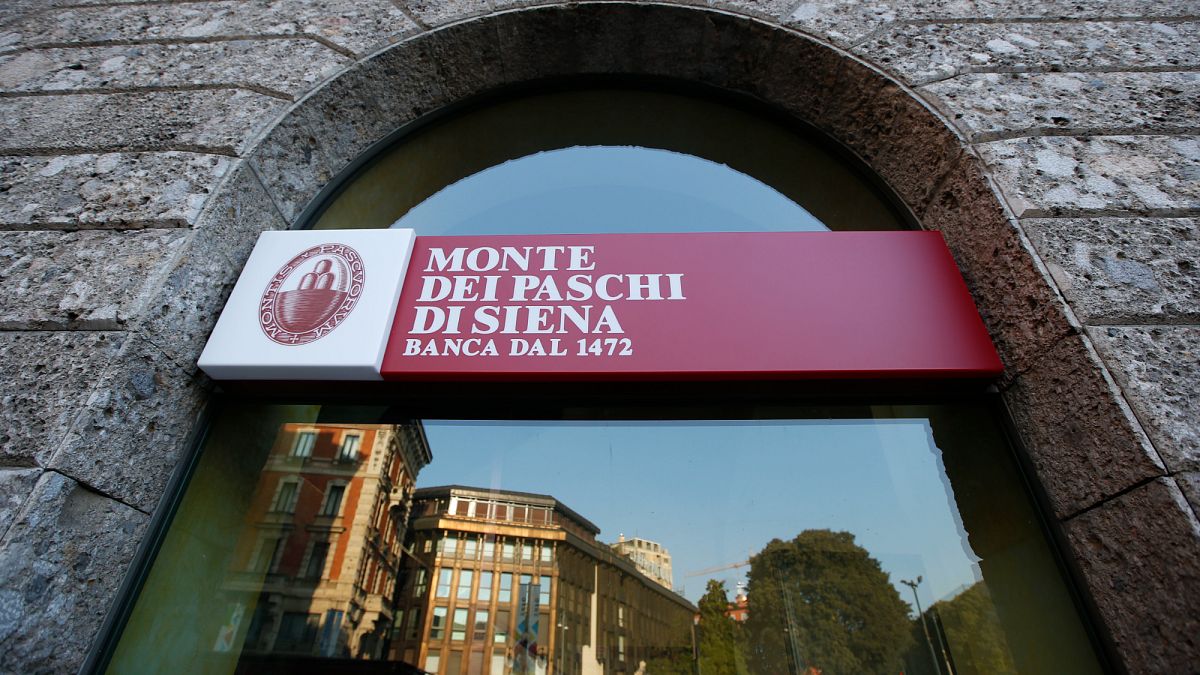

In recent news, several pivotal movements are occurring across various sectors in Europe, ranging from financial transactions to automotive expansions. These developments reflect both challenges and opportunities within the European landscape, each having significant implications for the regional economy and beyond.
Beginning in the financial sector, Italy’s renowned banking institution, Monte dei Paschi di Siena, has received a green light from the European Central Bank (ECB) to pursue its takeover of Mediobanca. This decision, emerging after deliberations, marks a significant potential pivot in the Italian banking scene. Despite the strategic benefits such an acquisition could bring to Monte dei Paschi, the proposition has not been welcomed by Mediobanca, which has expressed concerns that the merger might undermine its current business model. This ongoing narrative highlights the complexities involved in financial consolidations, where opportunities for growth and stability must be weighed against the potential of disrupting established business operations.
In parallel, geopolitical challenges manifest as the European Union faces hurdles with its proposed new package of sanctions against Russia. Following a G7 summit that did not deliver the expected consensus, revisions to the price cap on Russian oil exports seem unlikely. Compounding these difficulties are global tensions, notably the Israel-Iran conflict, creating a geopolitical environment fraught with uncertainty. These sanctions, part of broader international efforts to exert economic pressure, now face additional scrutiny and potential reevaluation as member states align their strategies with evolving global dynamics.
Meanwhile, discussions concerning the cybersecurity landscape within the European Union underscore the importance of safeguarding the independence of the EU cybersecurity agency. This topic has been placed in the spotlight as debates about the certification of cloud services remain stagnant. Industry stakeholders emphasize the critical need for an independent agency to ensure robust cybersecurity measures. As digital transformation accelerates across industries, maintaining this independence is seen as pivotal for the development of secure and resilient networks, protecting both governmental and commercial interests.
Amidst these policy-focused developments, the European automotive industry observes an intriguing potential expansion by Chinese car manufacturer Chery Auto. The company is ‘actively considering’ establishing its second European factory in the United Kingdom, motivated by increased tariffs from both the UK and EU. This proposed move aligns with Chery’s ‘localisation’ strategy, aiming to bolster its presence in the European market. The launch of their Omoda and Jaecoo brands in the UK signifies an expanding appetite for Chinese automotive products, and a new factory would further embed Chery within the local economic fabric, potentially creating jobs and stimulating technological exchanges.
Together, these narratives reflect a Europe at a crossroads, navigating through economic integrations, geopolitical strategies, cybersecurity fortifications, and industrial expansions. Each story threads into a larger tapestry of change and adaptation. The future landscapes of finance, policy, security, and industry remain closely intertwined, reinforcing a mindful perspective where opportunities and challenges coexist in shaping Europe’s economic and strategic pathways.
As we observe these developments, one cannot help but appreciate the delicate balance of progress and harmony required to navigate such a multifaceted and evolving environment. Stakeholders across these industries must continue to engage with a thoughtful approach, understanding the intricate networks of cause and effect that define today’s interconnected world. These sectors illustrate Europe’s potential to adapt and grow in an ever-changing global backdrop, emphasizing prudent decision-making and strategic foresight to ensure continued prosperity and stability.
Source: {link}
